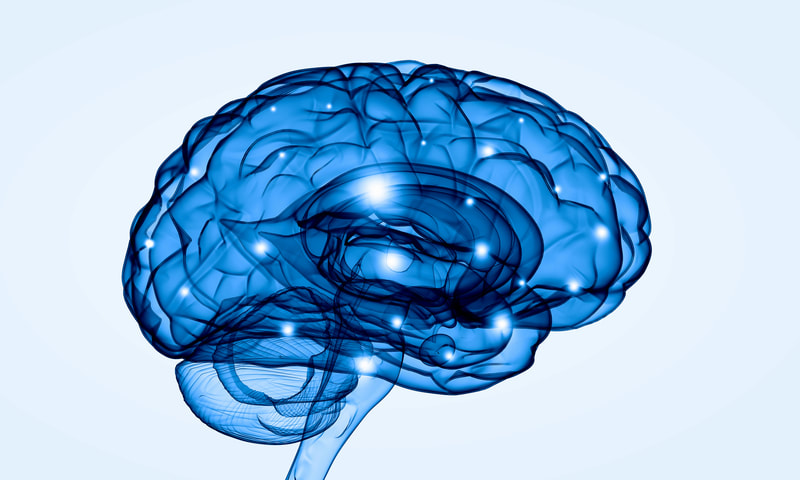Consciousness (the mind) exists independently of physical reality (the material brain). If that is the case, one must explain how the non-material mind (consciousness) can affect physical reality.
Paul Churchland, at the University of California’s Institute for Neural Computation, made the observation that, in cases of brain damage caused by accidents, drugs or mental disease, consciousness and awareness can be extensively changed. If the mind is separate and immaterial, how can it be changed by material causes? How could there be material damage an immaterial entity?
Many patients who have had damage to their brains have exhibited permanent changes in their minds, indications that there is a correlation between mental states and brain states.
Another problem with mind / body dualism is that, if the mind can exist independent of the physical realm, how does one explain the creation and retention of physical memory? How can something material interact with something that is immaterial?
Any action by a non-physical mind on the brain would be a violation of conservation of energy. In neuroscience experiments, brain scans have uncovered brain activity up to 10 seconds before an actual activity is carried out. This is strong evidence that cognitive processes have a physical basis in the brain. Human beings begin their existence as a totally physical and material entity. There is nothing mentalistic or nonmaterial involved in conception. Research and observations strongly indicate that the mind is created in the brain and cannot exist without a material brain.
There is some new and interesting research on the effects of mind altering substances such as dimethyltryptamine (DMT), which indicates strongly that material brain changes caused by hallucinatory drugs could explain consciousness. We will report on that in another blog.
^ Churchland, Paul (1988) Matter and Consciousness, Revised Edition, Cambridge, MA: MIT Press.
^ Lycan, William (1996) "Philosophy of Mind" in The Blackwell Companion to Philosophy, ed. Nicholas Bunnin and E. P. Tsui-James, Oxford: Blackwell Publishers.
^ Dehaene, Stanislas (2002). The Cognitive Neuroscience of Consciousness. MIT. p. 4.


 RSS Feed
RSS Feed